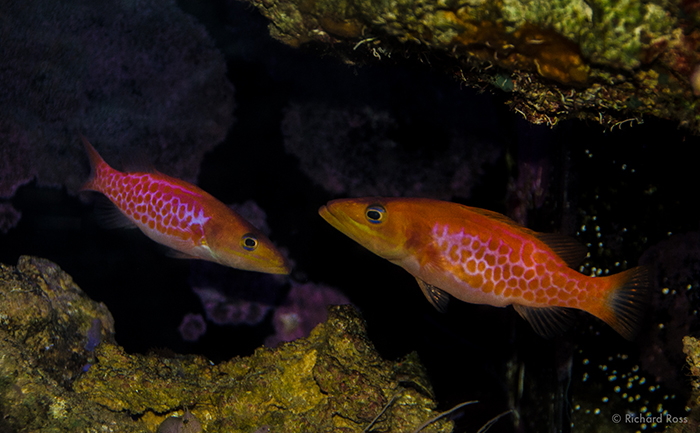Skeptical Reefkeeping 10 – The Power of Anecdote
From ReefsMagazine
by Richard Ross
In the last nine installments of Skeptical Reefkeeping we have looked at varied topics from phosphate to marketing to fallacious lines of reasoning to communication. One of the through lines all along has been the idea of anecdote, and generally, why it isn’t to be trusted. In this installment of Skeptical Reefkeeping, we are going to take another look at anecdote, try to understand why we are dependent upon anecdote in our hobby, and discuss some of its power and how to make it more useful.
A Brief Reminder to Set the Scene
Skepticism is a method, not a position. It can be defined as a method of intellectual caution and suspended judgment. As a Skeptical Reefkeeper, you decide what is best for you, your animals, and your wallet based upon critical thinking, not just because you heard someone else say it. The goal of this series of articles is not to provide you with reef recipes or to tell you which ideas are flat out wrong or which products really do what they say they do or which claims or which expert to believe. The goal is to help you make those kinds of determinations for yourself while developing your saltwater expertise in the face of sometimes overwhelming, conflicting advice.
These two Dr. Seuss fish have not yet jumped out of their tank, but that doesn’t seem like a reason to jump to the conclusion that these fish aren’t jumpers.
What is Anecdote Anyway?
From Skeptical Reefkeeping – Are you sure that that thing is true, or did someone just tell it to you? (1) Merriam-Webster defines anecdote as “a usually short narrative of an interesting, amusing, or biographical incident.” More hardcore, Ron Shimek says, “Anecdote is unsubstantiated or unverified observation generally made by an unqualified observer who often really doesn’t know what they are looking at.” Essentially, an anecdote is someone telling you what they think happened. The problem with most anecdotes, besides the observation and conclusion being suspect, is how quickly, with no real support, they can be converted to facts. This conversion can have a real and detrimental cost in both animal’s lives and your money.



